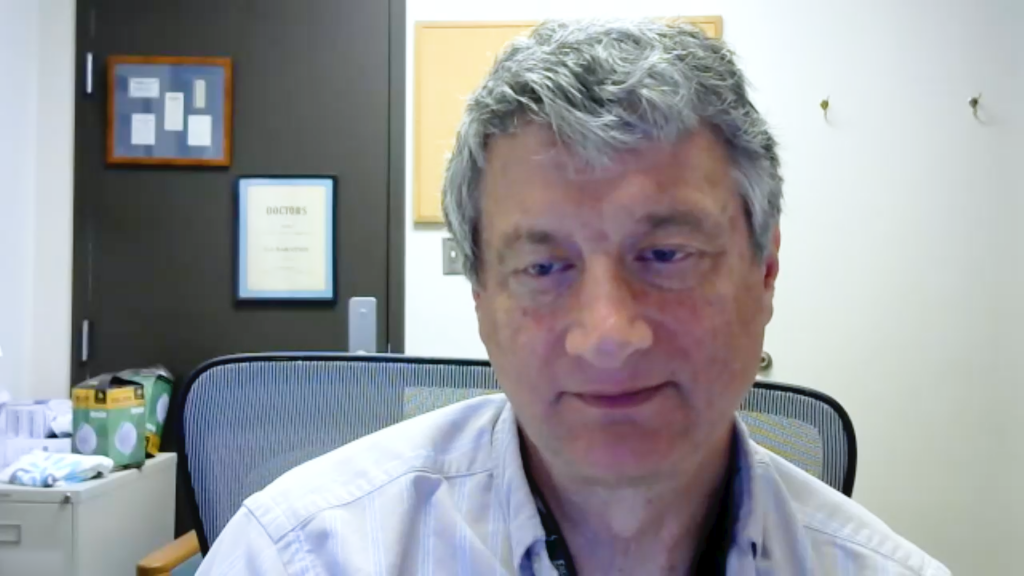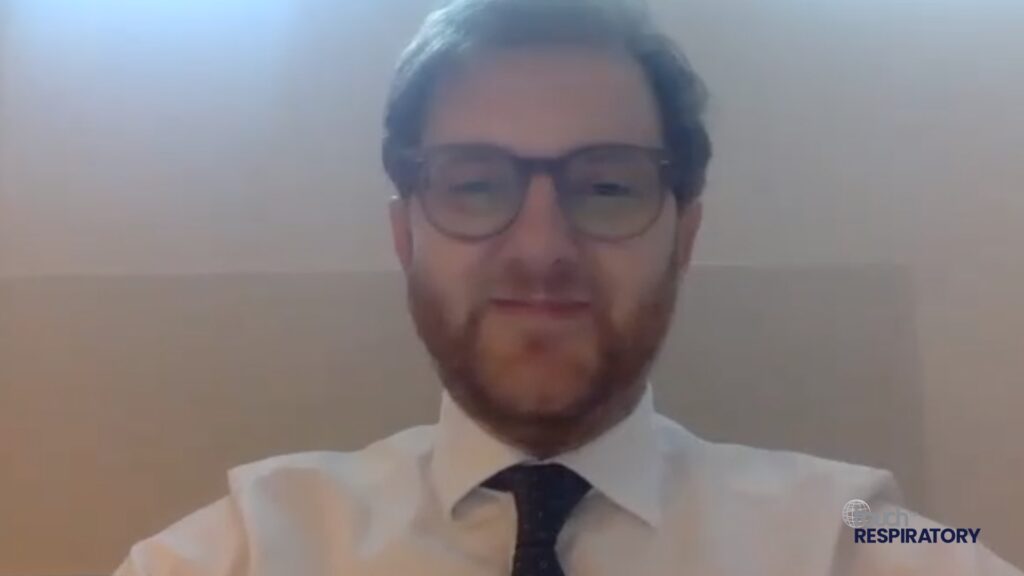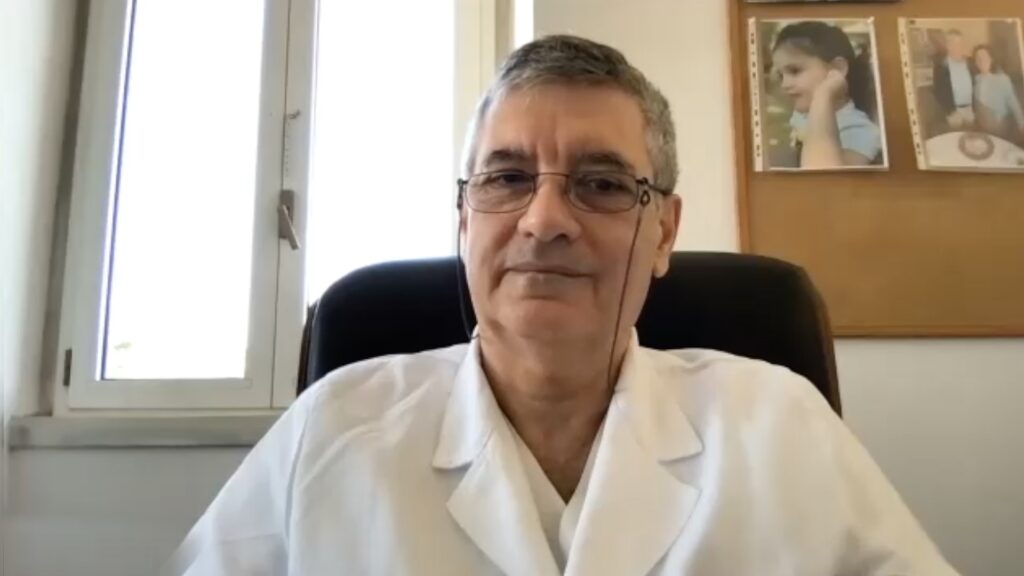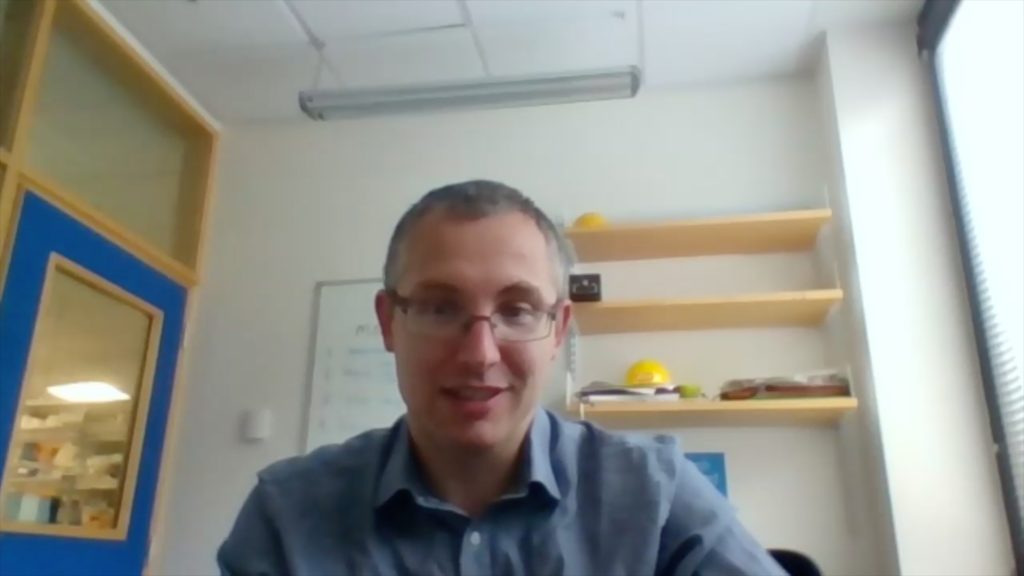 In this Future Leaders Q&A, we speak with Dr Shelby MacRae (LSU Health, New Orleans, LA, USA), an emerging leader and specialist in pulmonary and critical care medicine. Dr MacRae obtained her medical degree from the University of Texas Medical Branch and medical training from Tulane University and LSU Health Sciences Center. Dr MacRae’s research focuses are non-cystic fibrosis bronchiectasis and non-tuberculous mycobacterium (NTM).
In this Future Leaders Q&A, we speak with Dr Shelby MacRae (LSU Health, New Orleans, LA, USA), an emerging leader and specialist in pulmonary and critical care medicine. Dr MacRae obtained her medical degree from the University of Texas Medical Branch and medical training from Tulane University and LSU Health Sciences Center. Dr MacRae’s research focuses are non-cystic fibrosis bronchiectasis and non-tuberculous mycobacterium (NTM).
In this interview, Dr MacRae shares insights into her career journey, the challenges faced in treating complex pulmonary conditions, and her vision for the future of care in these often-overlooked areas. Dr MacRae also offers valuable advice on how to inspire the next generation of pulmonologists and balance the many demands of patient care, research, and education.
Q. What inspired you to pursue a career in pulmonary and critical care medicine, and how has your journey shaped your approach to patient care and research?
I first became interested in pulmonary and critical care medicine as an intern—the ICU was so exciting (I think that happens to many of us!). I still love the ICU, but over time, I’ve grown even more passionate about the pulmonary side of my work. Early in training, outpatient medicine didn’t appeal to me, but now, having established real continuity with patients, it’s become my favorite part of the job. Building deep, long-term relationships with my patients is incredibly rewarding, and it motivates most of what I do. I want to do a good job for them. On the research side, my drive comes from wanting to better understand bronchiectasis and NTM so we can improve care—not just for my own patients, but for the broader community.
Q. What are the biggest challenges in advancing the diagnosis and treatment of non-cystic fibrosis bronchiectasis and NTM?
Like all chronic illnesses, bronchiectasis and NTM come with their share of challenges, but one of the biggest hurdles is simply the lack of awareness. Many excellent pulmonologists didn’t receive training on these conditions during fellowship, which can lead to under-recognition or suboptimal management, causing delays in care and a lot of frustration for patients. Sometimes, it’s a huge relief for a patient just to meet a doctor who knows what they have—it can be incredibly isolating otherwise. Another challenge is the lack of FDA-approved therapies, but we’ve seen some promising studies completed recently, and this landscape is going to change soon.
Q. How do you see the future of pulmonary care evolving, especially for NTM and bronchiectasis?
This is such an exciting time for the field! Both NTM and bronchiectasis are finally receiving the recognition they’ve long needed in both scientific and medical communities, which will ultimately benefit patients. The launch of the new Bronchiectasis and NTM Association and the development of the Care Center Network are huge steps forward. These initiatives will help increase access to resources and ensure that patients receive consistent, high-quality care for these complex, chronic diseases.
Q. What strategies do you use to inspire and train the next generation of pulmonologists?
People often tell me I’m enthusiastic—and I think that helps! I truly love what I do, and I find it especially fulfilling to have a sub-subspecialty within pulmonary medicine to focus on. That said, I believe strongly in building a solid foundation first. My approach depends on the learner: with fellows, I focus on making sure they’re confident managing basic bronchiectasis and NTM cases and that they know when to refer to a specialized center. For residents and medical students, I try to keep their minds open to the possibilities of pulmonary/critical care as a career. It’s such a unique field—two integrated specialties, a chance to deep-dive into one organ system (the lungs) and still stay sharp across all systems in the ICU.
Q. How do you balance patient care, research, and education, and what advice would you give to future leaders in the field?
I wouldn’t say I’ve achieved perfect balance—I still get overwhelmed sometimes! This may be too granular, but one thing that helps me tremendously is using the Pomodoro Technique for time management. If I try to “finish” a big task all at once, I often get stuck. But if I tell myself, “I’m going to dedicate 50 minutes to this today and see how far I get,” it feels way more manageable and keeps me moving forward. I also try to designate a specific time block each day for patient care-related tasks, rather than responding to every request immediately—because they never stop! My advice to future leaders is to find a system that works for you, protect your time, and give yourself grace on the days it doesn’t all come together.
Further content in bronchiectasis and respiratory infections.
Editor: Victoria Jones, Senior Content Editor.
Disclosures: This short article was prepared by touchRESPIRATORY in collaboration with Dr. Shelby MacRae. touchRESPIRATORY utilize AI as an editorial tool (ChatGPT (GPT-4o) [Large language model]. https://chat.openai.com/chat.) The content was developed and edited by human editors. No fees or funding were associated with its publication.
Cite: Shelby MacRae. Insights from Dr. Shelby MacRae: Advancing Respiratory Medicine and Inspiring the Future Generation of Pulmonologists. touchRESPIRATORY. 16 April 2025.
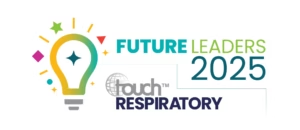
touchRESPIRATORY is celebrating the brightest rising stars in respiratory and pulmonary medicine, who are set to shape the future of the field.
Register now to receive the touchRESPIRATORY newsletter!
Don’t miss out on hearing about our latest peer reviewed articles, expert opinions, conference news, podcasts and more.



